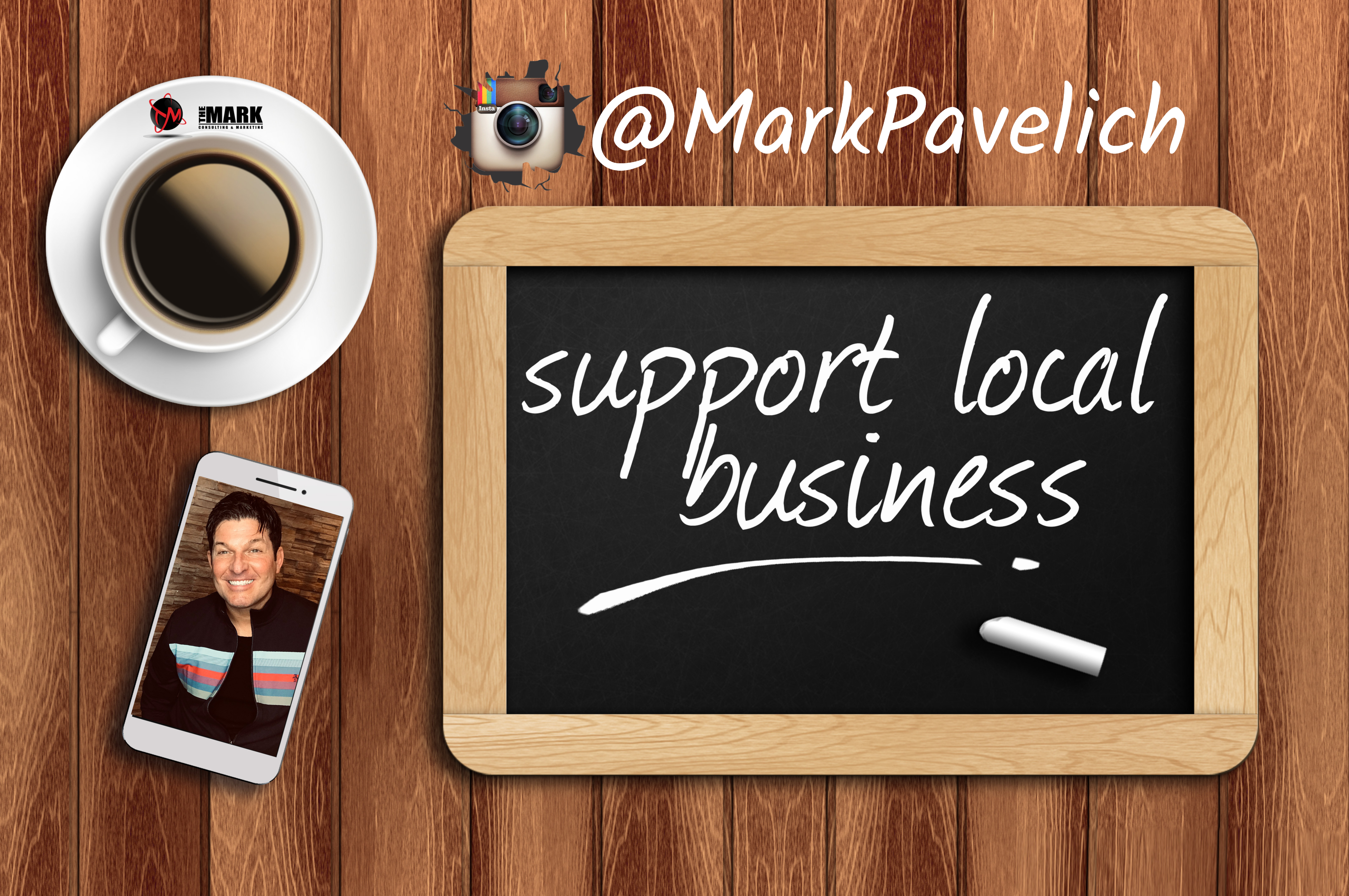
We all do it. We make purchases based on convenience.
Late night, you order a pizza, so instead of searching for an exciting new pizzeria on Yelp, we default to the lowest common denominator: one of the “Big 5” bank equivalents of the pizza kingdom. You don’t love the pizza. It’s… it’s OK. The floury dough fills a hole in our stomach, and the rubbery cheese appears luke warm and sweaty, and not hot and gooey- as it should be.
During the week, you need that pick-me-up that a good cup of coffee can offer. Do you seek a coffee house that can offer a single source origin bean, or perhaps something that was roasted by the same person that will be making the coffee for you? You opt to stay in your car, which leaves you with very few selections and a cup full of mediocrity. You complete the transaction, take your cup and away you go. The next visit will be more of the same, and no one will likely remember you or your coffee preferences. It’s a purchase of convenience and mass production that will be consumed with the same haste as their attention given to you as a customer. You won’t be valued. They’re “Now Serving 1 Kazillion,” and not, “Now Serving Mark Pavelich- Edmontonian Entrepreneur, who likes his coffee a particular way, enjoys nice vodkas, is a Raiders fan…” They know nothing about you. They don’t care about you.
Oddly enough, McDonald’s has a unique view of it’s customer base- or at least they USED TO. They believed that a customer meant more to the company than their purchase. For example, if I were to spend $7.99 (plus tax) on a combo, they didn’t think of my contribution to their business as $7.99 (plus tax). They saw me as a customer for life, potentially worth tens of thousands of dollars in a lifetime, purchasing meals consistently on a weekly or monthly basis- compounding in perpetuity. That school of thought should be applied everywhere. But somehow, with rapid growth of global consumer ship, it’s gone awry.
You buy things consistently, without knowing the people behind the product, service, or brand. You become a proponent of mass production, a decline in quality and craftsmanship- or customer service- without even knowing it.
If you bought flowers online, you don’t know who cut them for you. Who arranged them, so that you could thank them and tell them that they did a wonderful job. You order something online and you don’t even consider that a higher quality local option may be available to you. A farmer’s market offers family grown produce that is locally grown and harvested, and the person that planted the seeds and picked the produce is likely standing at the booth taking your cash (with dirt beneath their fingernails from picking the tomatoes that you’ve purchased today). Perhaps they’re encouraging you to bargain with them for better value, in hopes of earning your repeat business. You could become a proponent to their business, recommending them to your family, friends and colleagues, and in turn- they may be able to offer you more for your continued loyalty.
Going back to the aforementioned pizza and coffee: imagine if you started to take the time to enjoy things. I’m not saying that you went to get a pizza and ate it at home. What about if you had a craving for pizza, and instead of ordering it, you went to a pizzeria and ate it there. Fresh. As it was meant to be eaten. You wanted it specifically. You were craving it. But you didn’t MAKE the time to truly enjoy it.
When you feel like a coffee, you start going to one of your community’s local coffee houses. You walk in, you converse with barista. He or she gets to know you and how you take your coffee. They may ask for feedback to improve upon their product or service. And perhaps through getting to know you, they also become advocates for you as a valued customer.
Suddenly, you’ve formed meaningful partnerships within your community. You have businesses and services that you are loyal to. You advocate and recommend them to others. They provide you with a higher level of service and product because they value your patronage. You venture into a new area of business and because of your advocacy for their businesses, they refer their clients to you. A synergy is created. Businesses are working for one another, with one another.
Take the time. Support your local businesses.
By Mark Pavelich CEO President The Mark Consulting &
Twitter Facebook Instagram Pinterest LinkedIn Youtube Podcast
